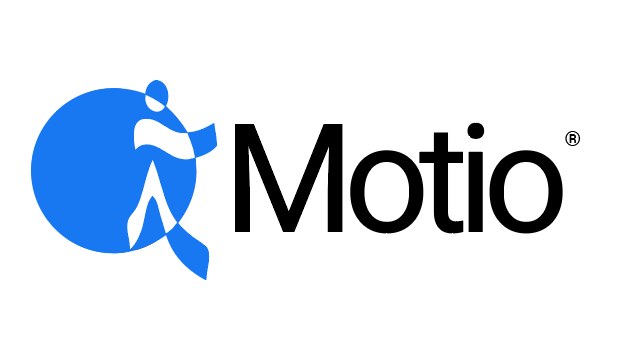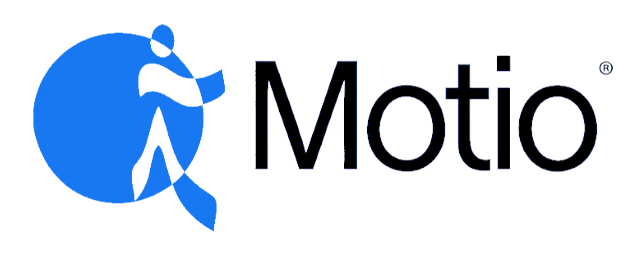Crider Foods Streamlined the Power of Qlik
In South Georgia, Crider Foods has carved a niche as a leading poultry manufacturer specializing in canned chicken products and a diverse range of poultry, beef, pork, turkey, and ready-to-eat meals. A family-run business with a rich 45-year history, Crider Foods has experienced substantial growth and has come to understand that scalability and sustainability require technological advancements beyond the traditional methods steeped in manual processes and gut instincts. Joshua Poole leads the BI Team, specifically Qlik and ERP systems initiatives. He recognized it was time to move beyond the memory of floor workers to a reliable system for data-driven insights.
Going from Manual Memory to Automated Analytics Was the First Major Step
Faced with the transition from reliance on gut feelings, handwritten schedules, and rudimentary Excel spreadsheets to an Enterprise System with integrated subsystems, Crider Foods recognized that a new phase was imminent. The company needed to harness data to fuel its business decisions and maintain a competitive edge. They wanted to break away from the confines of old-school, manual methods that saw key personnel overburdened and knowledge confined to a few experienced heads. In the past, the company may have operated effectively in the short term, but such practices needed to be more scalable and sustainable.
They started working with Qlik Sense, which was both a blessing and a curse. Company personnel were in awe of how quickly they could obtain insights, and usage exploded. However, guidelines needed to be established for who would own Qlik Sense and maintain its accuracy, and their small development team was quickly operating over capacity.
However, Increased Qlik Development Led to Bigger Challenges
As Crider Foods embarked on its Qlik Sense analytics transformation, the quick adoption led to an unstructured proliferation of apps, resulting in discrepancies and inefficiency. With almost 1,000 employees making requests for new reports and changes to existing reports, analytics became like the wild, wild west. The development team had to move beyond a single person and determine a method to gain control of its analytics development. They wanted to define who would own it and maintain its accuracy. “We didn’t have any kind of control,” Joshua stated. “We would redo a lot of data. You might look at an inventory app over here, and it says this, and another one over here built for a different reason might show something else. There was a lot of disparate information. Our analytics grew way too fast, and there was no one source of truth.” They had to step back to lay a better foundation for development. Instead of having several people in different departments creating apps, they made one central, expanded development team. This larger team and the more significant number of analytics requests, however, created new issues. There was a lot of time spent backtracking and working over one another. They needed to find a way to tackle version control and revision tracking.
Gitoqlok Completed the Automation Journey and Streamlined Development
That is when Joshua found Motio’s presentation on Gitoqlok at the annual worldwide Qlik conference. Joshua stated, “I didn’t know enough to look for a solution, but as soon as I saw it, I knew we had to have it. I downloaded the trial before leaving the conference — that’s how urgent and fitting the solution was to our needs.”
Gitoqlok offered Crider Foods the version control and structure they desperately needed. It made a huge difference, providing peace of mind that you can track your latest changes. “With our small team, bandwidth is around 100 tests per week, plus we receive approximately 200 requests, some big and some small, so we are always working beyond capacity,” said Joshua. With the team at capacity, simplifying their work was imperative. Sometimes, errors happen. When this occurs, it’s an effortless rollback to get to the previous version and move on. It removed the guesswork and brought peace of mind that they delivered accurately.
Version control and rollback are not the only Gitoqlok tools used. Crider Foods gets through what Joshua terms “non-value-added time” items. They’ve cut the time it takes to do mundane tasks almost in half using Gitoqlok’s:
- Side-by-side comparison of dashboards and scripts
- Publishing straight from the app rather than going back to the hub
- 1-Click Thumbnail creation
- Tags for published vs unpublished sheets
In addition to the current capabilities Gitoqlok offers, Joshua is excited about the remarkable development capabilities. “I like to see a road map because I get excited about stuff before it comes up. The fact that Motio’s dev team is just adding new features that also may not even be related to what we first purchased. To me, that’s just awesome,” said Joshua.
Today, Crider Foods enjoys a well-managed process. They have automated procedures and enhanced consistency across their Qlik ecosystem. With Gitoqlok, Crider Foods says goodbye to guesswork. Changes are tracked with precision, allowing teams to roll back if necessary. The BI team has transformed from a total capacity to achieving 30% more in productivity and handling queries definitively rather than relying on memory. Poole says, “Gitoqlok is like having a perfect memory for our Qlik applications. It’s changed the game for us.”
Crider Foods is a stellar example of how companies entrenched in traditional operational schemas can pivot to a data-centric model with the right tools. With Gitoqlok, they’ve emerged with more efficiency, scalability, and precision.

